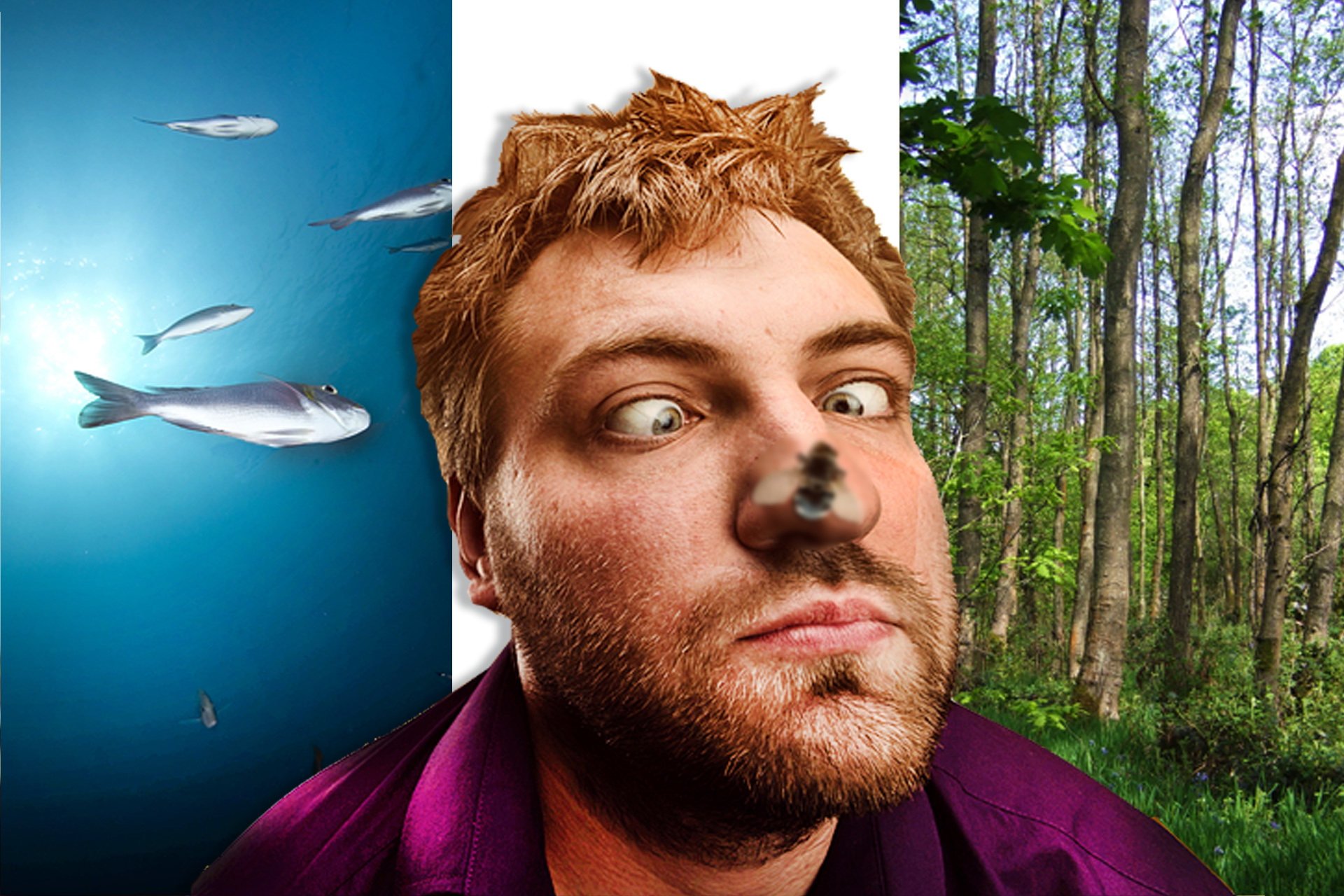What difference would it have made to the human race if we had never discovered reading and writing? How would your life have been different if you were born into a society where reading and writing had never been invented? If I try to really imagine that, then in comparison it’s as though there would be no ‘memory’ as we are used to it, just what I can remember. And no ‘facts’ as such either, just remembered hear-say and experiences. I couldn’t check facts, other than asking someone. And how could I learn other than from listening to others? It is very hard for me to think what that would be like, because reading and writing are such a part of what we are and what we depend on. Of course people got by before writing, but it’s an unimaginably different world for me.
Such an enormous transformation comes from an idea that seems so simple as to be hardly worth describing – making marks to represent words. Yet apparently it wasn’t so simple at all, and for thousands of years no-one thought of it, or if they did it must have seemed a useless idea, a bit abstract and silly perhaps, not very practical or exciting, and anyway everyone would have to learn stuff for it to be any use, and there’s more important things to do.
The same is true of ‘counting’ – for the extraordinary value our species got from the blindingly simple idea of just counting things, you’d wonder how there could have been an eternity before that idea had occurred, or seemed worth anything, to anyone at all. Or how about the idea of making pictures of things? – that hadn’t occurred to anyone at some point, yet again as an idea more powerful in history, more dramatic than anything Apple or Google have invented. We could keep going – how about “finding out by going and looking” – a radical idea, heretical at the time, which we’d now call “science” – doesn’t seem all that complicated or interesting at all now. In fact, for all these most important of inventions the problem may well have been that they seemed too simple to be useful, too ‘obvious’ to be interesting, too ‘easy’, and therefore hard to see the value in. The fish being unaware of the water it’s swimming in because it is everywhere; not being able to see the wood for the trees; or what is right in front of our face:
Too close to be recognised, Too deep to grasp Too easy to believe Too amazing to be understood intellectually
Answers to the most important challenges – poverty, depleting resources, pollution, war and violence, and so on might be delivered by science, technology, communication, information or economics. But those paths are just as likely to make things worse – accelerate destruction or be used just to make the already wealthy wealthier, as they are to solve the big problems for us all. Because of that, what is really needed most urgently is an advance in how we use our minds. How we think and decide, individually and collectively without getting lost in narrow argument and name calling. The most important breakthrough therefore is not science, technology, information or economics, but in “how we think” – something that has received comparatively little attention to date.
If we keep thinking in the same way that we do now, then I’m doubtful that advances in other fields will make much difference – it is, after all, how we use those advances that will make the difference, and that means how we think about the tools we invent, and how we act in consequence.
That breakthrough “thinking” might be complex and sophisticated, like relativity. Sophisticated and clever solutions have appeal – from our Hollywood education we learn to expect any worthy solution should have a super-hero persona. Yet as we have seen, as often as not the dramatic steps forward come from directions too mundane to be interesting. And like the early days of scratching marks on stones, I’m inclined to think the big answer is already staring us in the face: too close to see.
Too close to be recognised, Too deep to grasp Too easy to believe Too amazing to be understood intellectually
Adrian West
Note
Graphic design: Sophie Brown
